During the time between the final concert of the Pornography tour on June 11th, 1982 at Ancienne Belgique in Brussels, Belgium—and the band’s unexpected return on BBC 2 broadcasted Oxford Road Show in Manchester on March 11th, 1983—The Cure as a band were effectively dead.
Okay, well perhaps mostly dead, or at least put to bed for time being—beginning a slumber which dove headlong into a Japanese dream of single releases that would drastically change the course of their career.
This begin in late 1982, when Fiction Records head Chris Parry, concerned about his label’s flagship band, insisted that Robert Smith write a pop hit. Unsure of the band’s future, Robert did not shy away from the task and quickly recorded the single “Let’s Go to Bed” with the help of Lol Tolhurst, who had picked up the synthesizer upon his return to Paris. Smith’s intent was to officially destroy The Cure with the track, which was released as a single on November 15th, 1982, and on the Kid Jensen radio show on November 27th.
Along with this soon to be hit single, Smith also released “Just One Kiss”, as well as a fantastic version of “One Hundred Years” from Pornography. The bass-driven “Just One Kiss” felt much more at home with The Cure’s trademark style, in stark contrast to “Let’s Go to Bed’s” playful synthpop flair. The track would appear as the b-side, in both regular and extended 12” form.
Also recorded during the session was the rare track “Ariel,” which was heavily circulated on bootlegs and did not receive an official release until a home demo appeared on the 2006 reissue of The Top.
Lol has remarked in his book Cured: The Tale of Two Imaginary Boys that his own contributions to the lyrics for “Ariel” were inspired by his deep love of the poetry of Sylvia Plath.
“Let’s Go to Bed” was the first in a series of three synth-driven singles that would partially revitalize the band during an otherwise prolific era for Smith. While flexi-only single “Lament” appeared a few months prior as a Cure track in name only (recorded solely with Steven Severin while the pair were demoing material as The Glove), “Let’s Go to Bed” was the first major taste of new Cure music since the otherwise dour conclusion of Pornography‘s title track. As unexpected and jarring as it must have been at the time, the track actually originated during the sessions for Pornography. An instrumental demo was cut with the infamous three-piece lineup, titled “Temptation.” After the departure of bassist Simon Gallup in 1982, Smith would further expand on the song with a psychedelic vocal track, titled “Temptation Two.” While hints can be heard throughout the chord progressions, the obvious connection to the version we all know and love does not become apparent until the psychedelic stammering at the end of “Temptation Two.”
Both demo versions would remain unheard until the deluxe reissue of Pornography, which shed light on the song’s otherwise mysterious origins. These demos help to bridge what was an otherwise bold and unexpected move for the band, one that both won them thousands of fans and alienated some of their more devout post-punk followers.
Listen to both versions below to hear the evolution of “Let’s Go Bed.”
“Temptation”
“Temptation Two”
Smith himself was extremely dissatisfied with the single, and felt that although it was his original intention, the song’s sound and success betrayed older fans of the band. Even still, the track has been a live staple throughout the band’s career. Both sides of the single were folded up into the compilation Japanese Whispers in 1983, which collected all three of the synth singles and various b-sides (minus “Mr. Pink Eyes”). Japanese Whispers effectively prolonged the shelf life of the band while Smith was busy recording in both the Banshees and The Glove.
The Christmas-themed music video for “Let’s Go To Bed” marked the beginning of a long-time collaboration with director Tim Pope, who would go on to direct several more videos for the group. The video only features Robert Smith and Lol Tolhurst, who at that point were the only two imaginary boys in The Cure’s lineup.
Pope’s video treatment displayed the band’s more whimsical side, something otherwise absent from the band’s early material. Lol also recalls in his book that he was dancing naked behind the screen as a shadowy silhouette, beginning a tradition of playful hazing with Pope. Both the track and the video were important turning points for the future of The Cure, who soon courted more mainstream pop success. In true Cure fashion, this was a courtship the band would fully embrace and often shy away from over the next ten years.
Additionally “Let’s Go To Bed” was a major chapter in the band’s long-standing relationship with MTV, which began with this awkward 1983 interview with host Nina Blackwood:
Photo Gallery
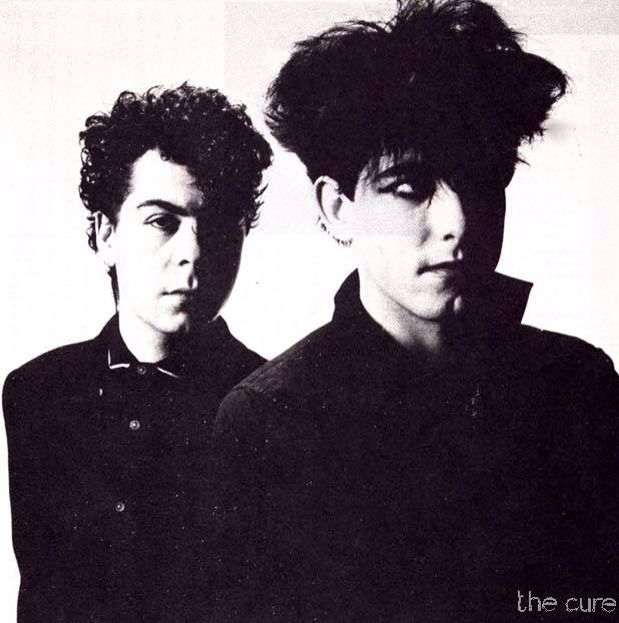
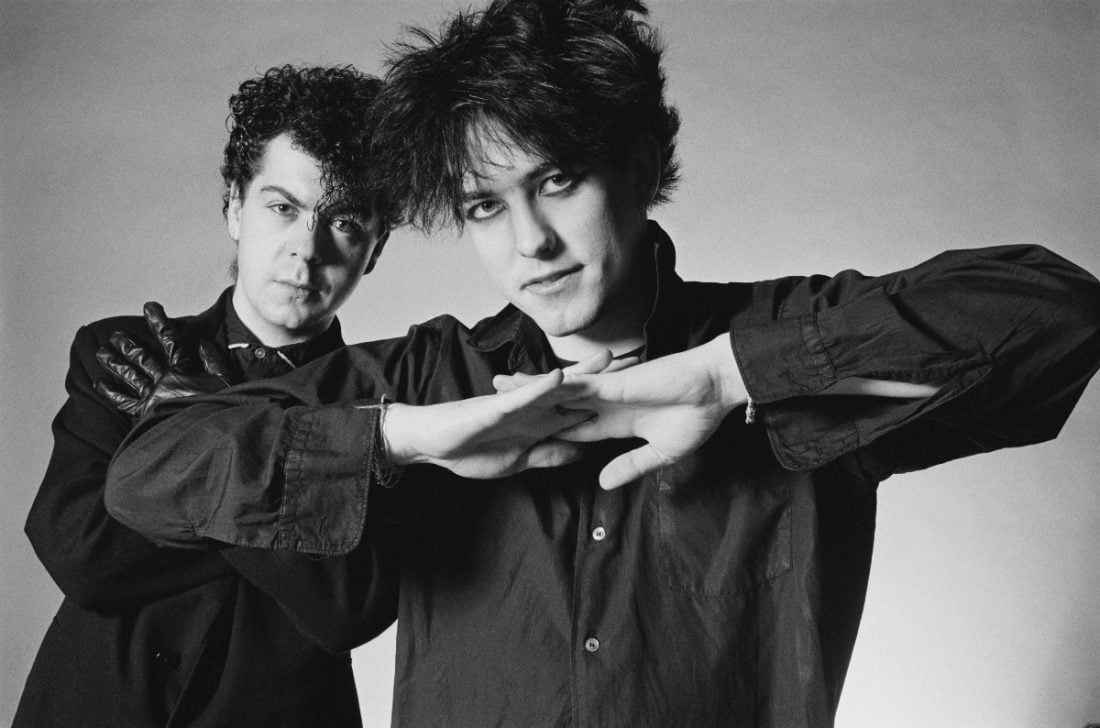
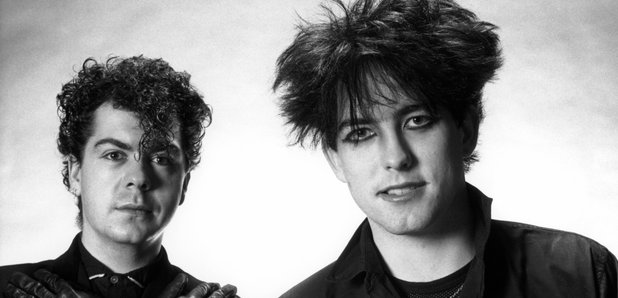
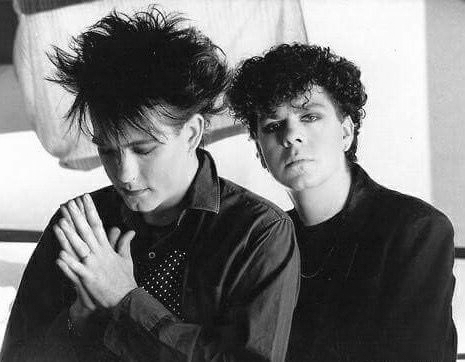

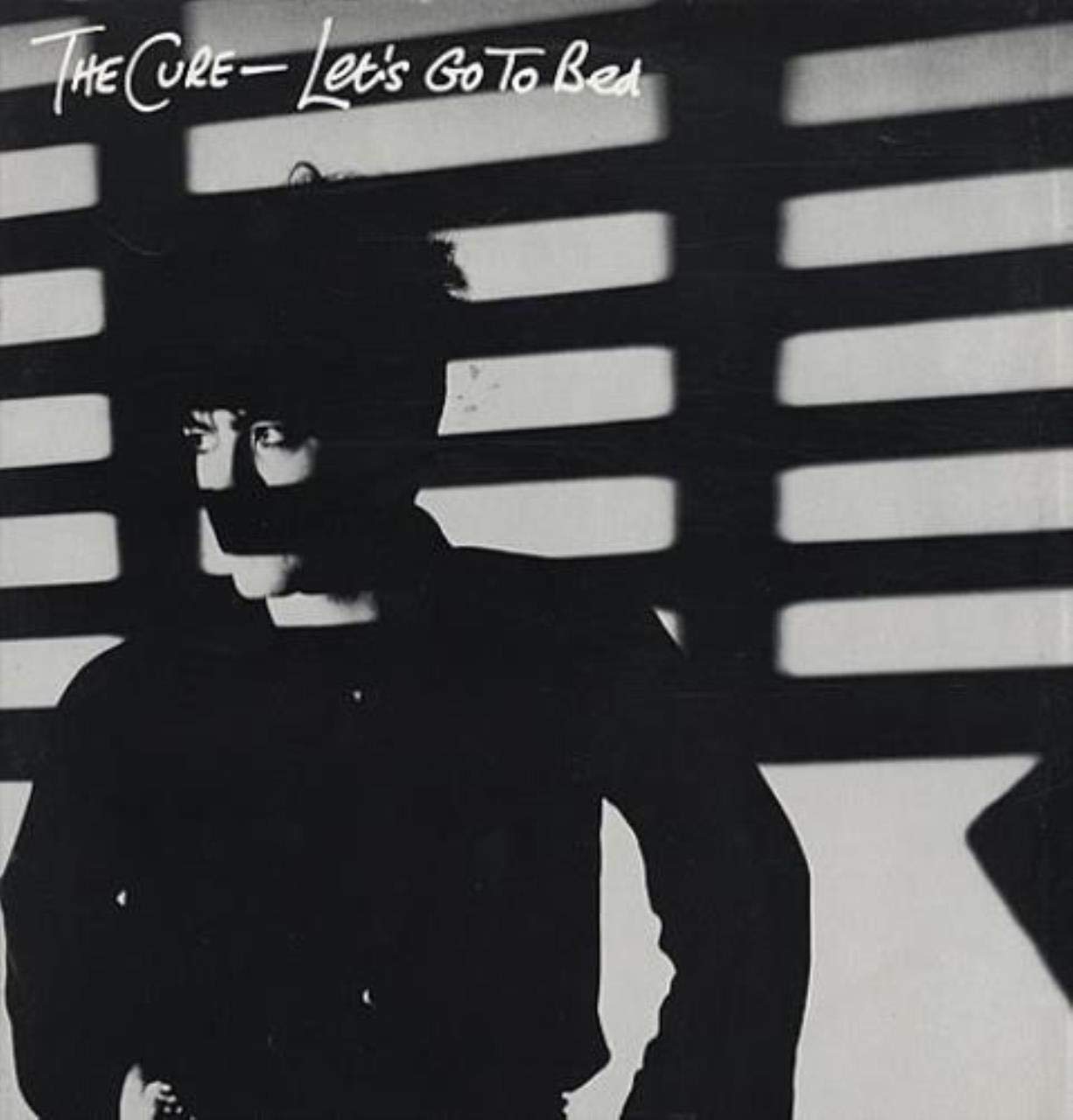

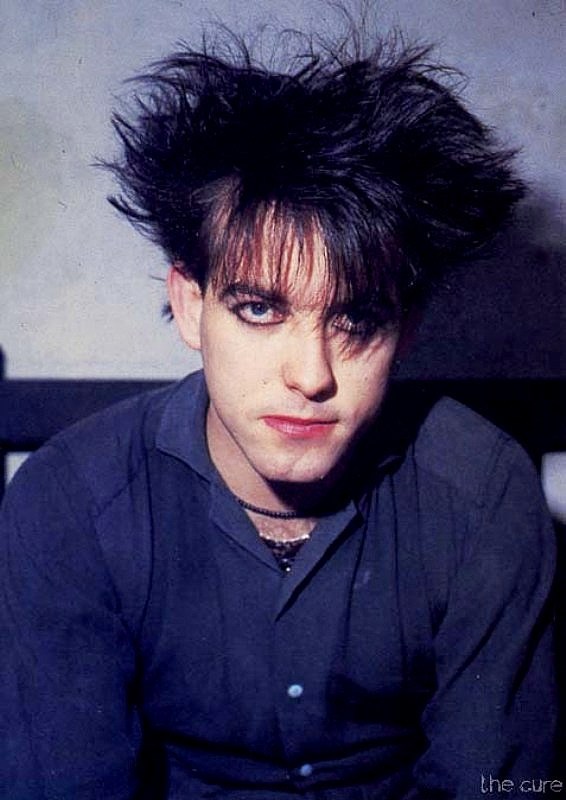
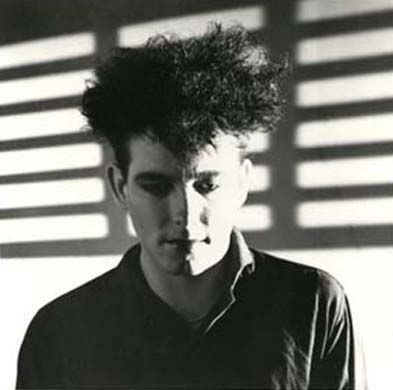
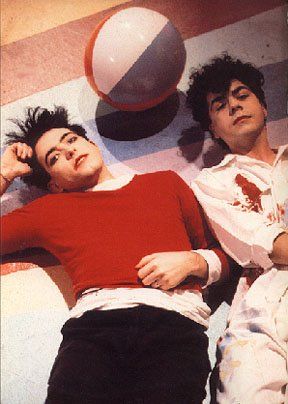
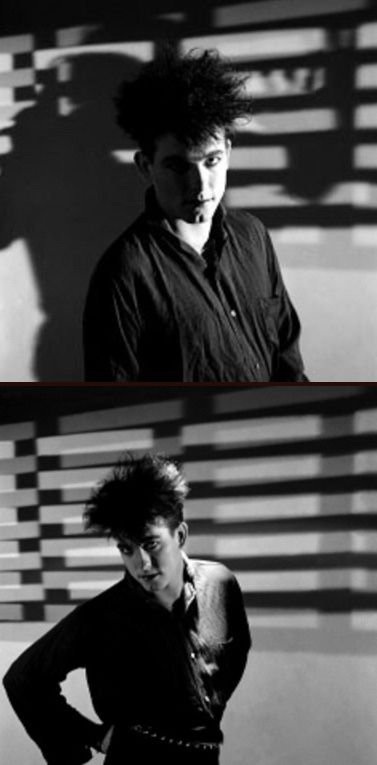

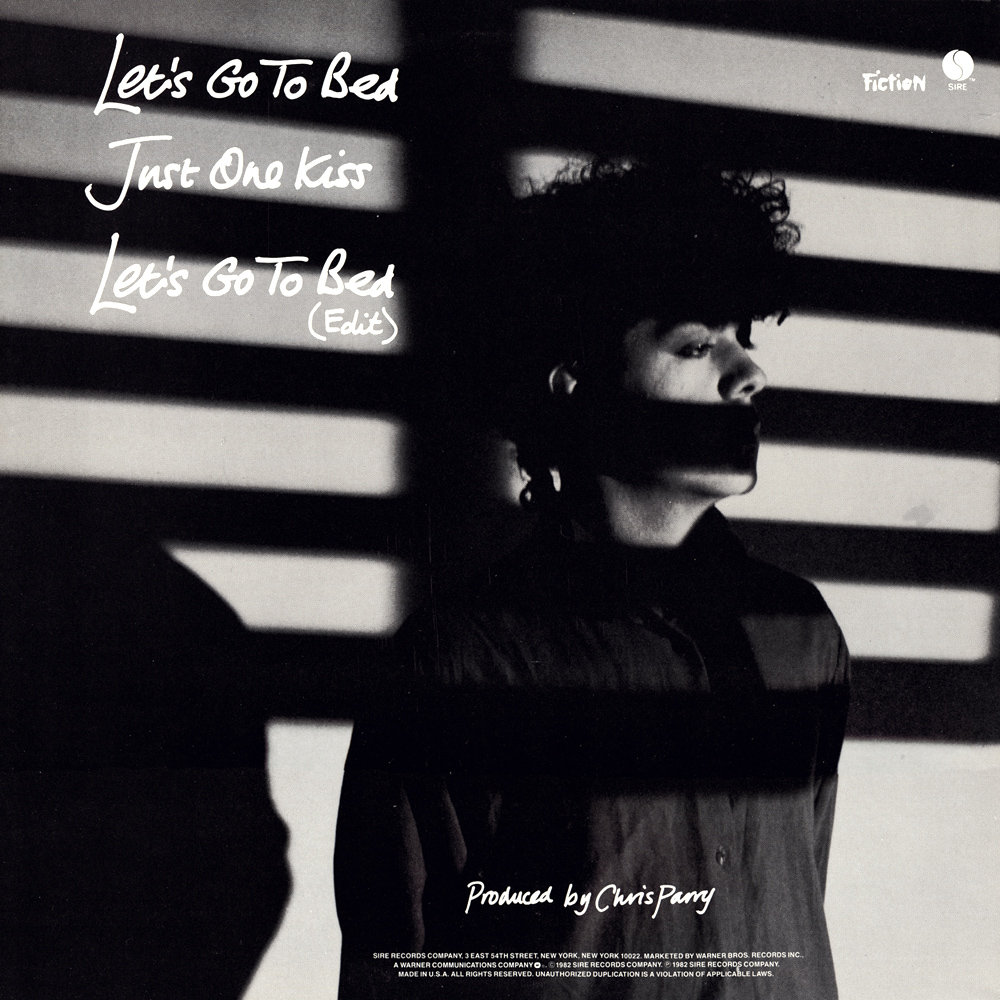
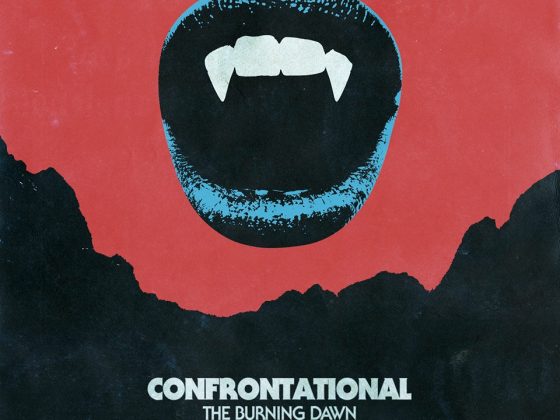











 Or via:
Or via: